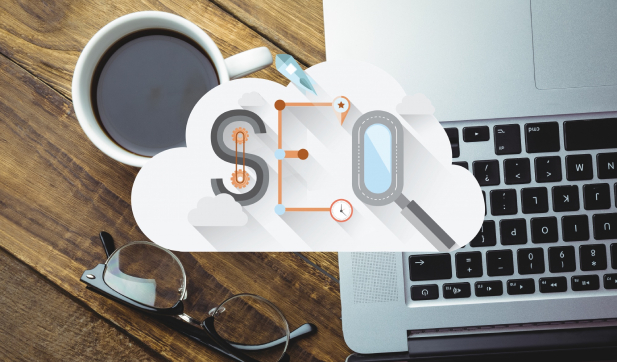Blogs

Why Website Security is the New SEO Ranking Factor
Website Security and SEO are now more interconnected than ever. Search engines like Google prioritize secure websites to protect users from cyber threats. As a result, a secure website not only safeguards sensitive data but also boosts search rankings. Below, we explore how website security influences SEO performance and why businesses must prioritize it.
HTTPS and SEO: How Secure Websites Improve Search Rankings
For Website Security and SEO google officially recognizes HTTPS as a ranking factor. Websites with SSL certificates encrypt data, ensuring a safe browsing experience. Furthermore, HTTPS builds user trust, reducing bounce rates and increasing engagement. In addition, search engines favor secure sites, improving their visibility in search results. Consequently, migrating from HTTP to HTTPS is essential for both security and SEO success.
Cyber Threats and Their Impact on SEO Rankings
Hacking attempts, malware and phishing attacks can damage a website’s reputation. A compromised site risks redlisting by search engines, leading to a significant drop in rankings. As a result, In Website Security and SEO implementing firewalls, regular security audits and malware scans enhances protection. Furthermore, strong security measures prevent unauthorized access, ensuring a safe experience for visitors. Consequently, businesses that prioritize security maintain their online credibility and search engine standing.
User Trust and SEO Performance
A secure website fosters user confidence. Visitors are more likely to engage with and purchase from a site that protects their data. Additionally, search engines track user behavior, such as time spent on a page and interactions. As a result, secure websites tend to have lower bounce rates and higher dwell times, which positively impact rankings. Consequently, investing in website security and SEO strengthens both user trust and SEO performance.

Impact of Security Breaches on Rankings
A website security and SEO breach can lead to significant ranking losses. Search engines may issue warnings or de-index infected websites. Furthermore, recovering from a security incident requires extensive cleanup and SEO restoration efforts. In addition, customers may lose confidence in a compromised site, leading to traffic and revenue losses. Consequently, preventing security breaches is crucial for maintaining a strong search presence and online reputation.
Mobile Security and SEO: Why It Matters
With mobile-first indexing, search engines prioritize mobile-friendly and Website Security. A vulnerable mobile site can expose users to risks, affecting search rankings. As a result, implementing mobile security measures, such as two-factor authentication and encrypted connections, is essential. Furthermore, a secure mobile experience ensures better usability and higher SEO performance. Consequently, businesses must address mobile security to stay competitive in search results.
Conclusion
In conclusion, Website Security and SEO go hand in hand. A secure website enhances user trust, prevents cyber threats and improves search engine rankings. Moreover, implementing HTTPS, protecting against attacks and maintaining a secure mobile experience are essential for long-term success. Therefore, businesses must prioritize website security as a key factor in their SEO strategy to stay ahead in the digital landscape.
Also Read This:



